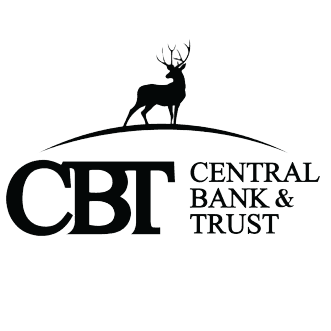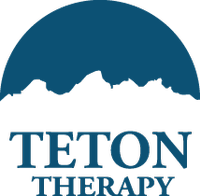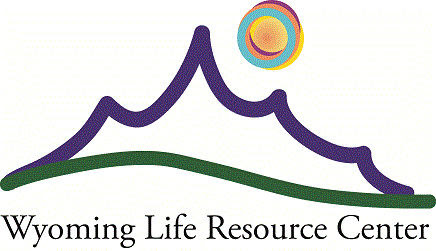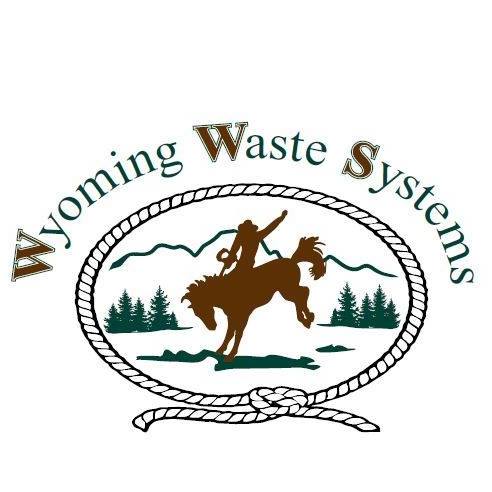In an NFIB survey, 90% of NFIB members have never heard of the beneficial ownership reporting requirement regulation that is set to take effect in January 2024. This new federal law passed in 2020 is set to expand the role of the U.S. Treasury’s Financial Crimes Enforcement Network (FinCEN) to collect and store confidential personal information about small businesses that have fewer than 20 full-time employees. This is a substantial regulation that only affects small business owners.
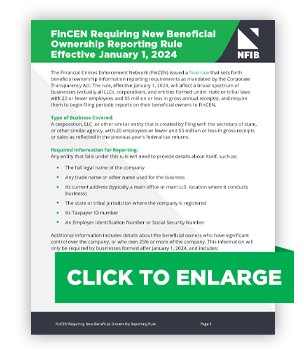
“This is going to require 32.6 million small businesses to register their beneficial ownership information with the Financial Crimes Enforcement Network by January 1, 2024,” said Government Relations Director Jeff Brabant. “Anyone who has a 25% or greater stake in the company or senior officer will have to register a copy of their driver’s license and business information. This is a daunting task and probably the biggest regulation that no one is talking about right now.”
NFIB Vice President of Federal Government Relations Kevin Kuhlman recently testified before the U.S. House of Representatives Committee on Financial Services Subcommittee on National Security, Illicit Finance, and International Financial Institutions addressing the burdensome requirements for small business owners.
“NFIB has long opposed beneficial ownership information (BOI) reporting requirements because the regulations impact only small businesses under the threat of severe penalties,” Kuhlman explained. “BOI reporting requirements were buried in an amendment as part of a large and unrelated bill. FinCEN has overreached in implementing the legislation, failing to both minimize reporting burdens on small businesses and provide clarity to small businesses.”
The rule will affect a broad spectrum of businesses (U.S. and non-U.S. entities including LLCs, corporations, and entities formed under state or tribal laws) and require them to begin filing reports on their beneficial owners to FinCEN. Businesses that fall under this new rule are corporations, LLCs, or other similar entities that are created by filing with the secretary of state or other similar agency with fewer than 20 employees and less than $5 million in gross receipts or sales as reflected in the previous year’s federal tax returns.
“NFIB is pushing for a full repeal of this legislation,” said Brabant. “We feel it’s unnecessary; however, administratively there is a chance that FinCEN delays it, and there’s also a chance that Congress delays it for one year. The statute allowed for up to two years for reporting for companies once this is passed on January 1; however, FinCEN chose one year. So FinCEN can choose to delay it another year and that’s something we hope they do.”
Get Informed and Take Action
Listen to the Small Business Rundown for a full advocacy update on this requirement and other current legislation. TAKE ACTION: Share how burdensome regulations have impacted your small business.
Beneficial Ownership Information Reporting FAQs
Is your business impacted? Is it exempt? The U.S. Treasury’s Financial Crimes Enforcement Network (FinCEN) has prepared the following Frequently Asked Questions (FAQs) in response to inquiries received relating to the Beneficial Ownership Information Reporting Rule.

